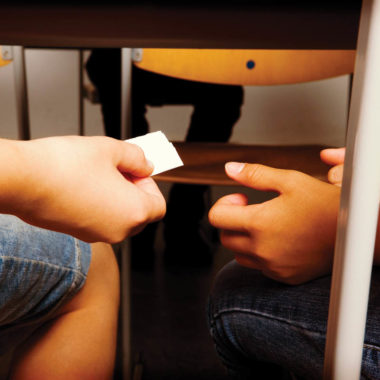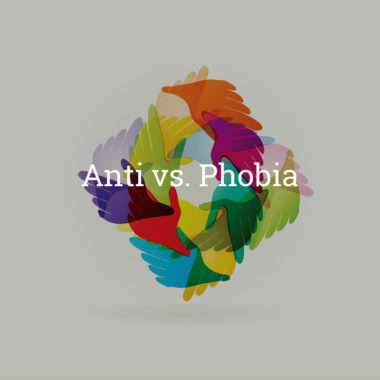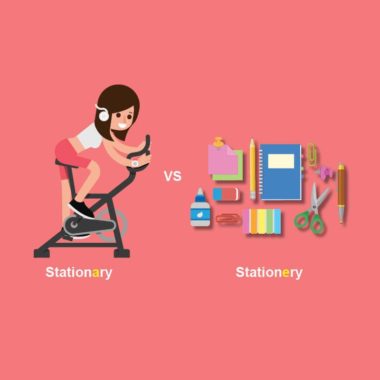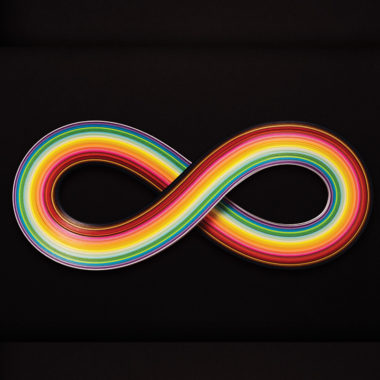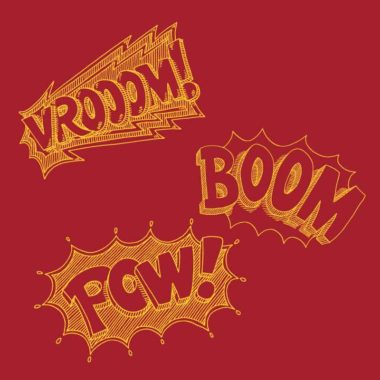Discreet vs. Discrete: What’s The Difference?
Ah, another confusing pair of homophones (words that sound alike but are different in meaning). And, we’re not going to be discreet about it: these two can be confusing. So, let’s try to keep them discrete. What does discreet mean? Discreet means “judicious in one’s conduct or speech, especially with regard to respecting privacy or maintaining silence about something of a delicate nature.” Or, more …
